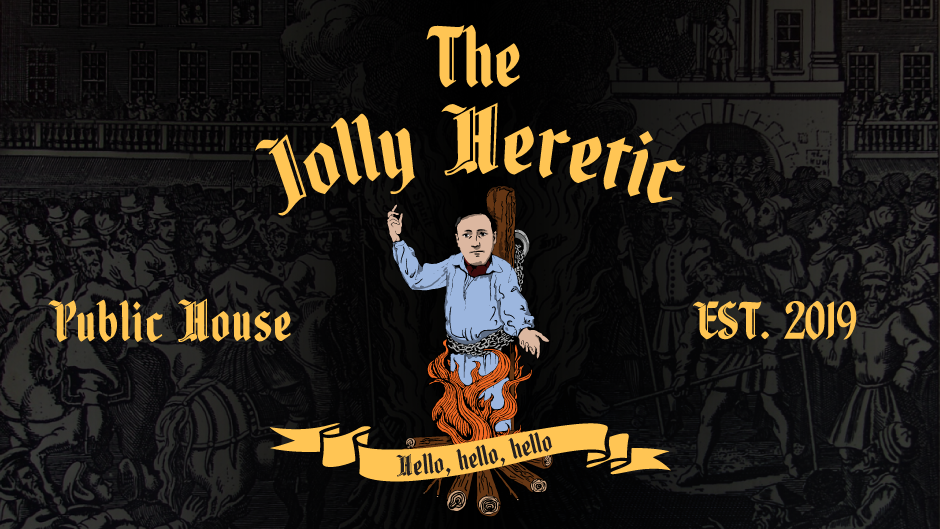A number of people have asked to make a reading list of books that I regard as significant in the field. These are books I find myself frequently citing in my research and in my videos. Once you’ve read my own books, where you will find citations to the relevant papers, you may wish to read these. I’ve added, however, the papers to which I often refer:
Baron-Cohen, S. (2002). The extreme male brain theory of autism. Trends in Cognitive Sciences 6: 248-254.
Blanchard, R. (1993). Varieties of autogynephilia and their relationship to gender dysphoria. Archives of Sexual Behavior, 22: 241–251.
Bradshaw, M. & Ellison, C. (2008). Do genetic factors influence religious life? Findings from a behavior genetic analysis of twin siblings. Journal for the Scientific Study of Religion, 47: 529-544.
Centola, D., Becker, J., Brackbill, D. & Baronchelli, A. (2018). Experimental evidence for tipping points in social convention. Science, 360: 1116-1119.
Chagnon, N. (1968). Yanomamö: The Fierce People. New York: Holt, Rinehart and Winston.
Clark, G. (2014). The Son Also Rises. Princeton University Press.
Clark, G. (2007). A Farewell to Alms. Princeton University Press.
Cochran, G. & Harpending, H. (2009). The 10,000 Year Explosion. Basic Books.
Feist, G. (2007). The Psychology of Science and the Origins of the Scientific Mind. Yale University Press.
Flynn, J. (2012). Are We Getting Smarter? Cambridge University Press.
Gabb, S. (2007). Culture Revolution, Culture War: How the Conservatives Lost England and How to Get It Back. Hampden Press.
Glubb, J.B. (1976). The Fate of Empires and the Search for Survival. William Blackwood & Sons.
Gottfried, P. (2004). Multiculturalism and the Politics of Guilt: Towards a Secular Theocracy. Columbia, MO: University of Missouri Press.
Grant, R. & Montrose, V.T. (2018). It’s a Man’s World: Mate Guarding and the Evolution of Patriarchy. Mankind Quarterly, 58: 384-418.
Graham, J., Haidt, J. & Nosek, B. (2009). Liberals and Conservatives Rely on Different Sets of Moral Foundations. Personality Processes and Individual Differences, 96: 1029-1046.
Herrnstein R. & Murray, C. (1994). The Bell Curve. Free Press.
Hills, P., Francis, L., Argyle, M. & Jackson, C. (2004). Primary personality trait correlates of religious practice and orientation. Personality and Individual Differences, 36: 61-73.
Huebner, J. (2005a). A possible declining trend for worldwide innovation. Technological Forecasting and Social Change, 72: 980–986.
Huebner, J. (2005b). Response by Jonathan Huebner. Technological Forecasting and Social Change, 72: 980-986
James, W. (1902). The Varieties of Religious Experience: A Study in Human Nature. New York: Longmans, Green and Co.
Levin, M. (2005). Why Race Matters. New Century Foundation.
Lynn, R. (2011). Dysgenics: Genetic Deterioration in Modern Populations. Ulster Institute for Social Research.
Lynn, R. (2006). Race Differences in Intelligence. Washington Summit.
Lynn, R. & Vanhanen, T. (2012). Intelligence: A Unifying Construct for the Social Sciences. Ulster Institute for Social Research.
Murray, C. (2006). Human Accomplishment. Crown Publishing.
Nettle, D. (2007). Personality: What Makes You Who You Are. Oxford University Press.
Newberg, A., D’Aquili, E. & Rause, V. (2002). Why God Won’t Go Away: Brain Science and the Biology of Belief. Ballantine Books.
Norenzayan, A. (2013). Big Gods: How Religion Transformed Cooperation and Conflict. Princeton University Press.
Perkins, A. (2015). The Welfare Trait. Palgrave Macmillan.
Rushton, J.P. (1995). Race, Evolution and Behavior. Transaction.
Salter, F. (2006). On Genetic Interests. Transaction.
Sela, Y., Shackelford, T. & Liddle, J. (2015). When religion makes it worse: Religiously motivated violence as a sexual selection weapon. In Sloane, D. & Van Slyke, J. (Eds). The Attraction of Religion: A New Evolutionary Psychology of Religion. London: Bloomsbury.
Simonton, D.K. (2009). Varieties of (scientific) creativity: A hierarchical model of domain-specific disposition, development, and achievement. Perspectives on Psychological Science, 4, 441-452.
Soto, C., John O., Gosling, S. & Potter, J. (2011). Age differences in personality traits from 10 to 65: Big Five domains and facets in a large cross-sectional sample. Journal of Personality and Social Psychology, 100: 330-348.
Thornhill, R. & Palmer, C. (2001). A Natural History of Rape: Biological Bases of Sexual Coercion. Cambridge, MA: The MIT Press.
Turchin, P. (2016). Ages of Discord: A Structural-Demographic Analysis of American History. Mansfield, CT: Beresta Books.
Vaas, R. (2009). God, gains and genes. In Voland, E. & Schiefenhövel, W. (Eds.). The Biological Evolution of Religious Mind and Behavior. New York: Springer.
Vanhanen, T. (2012). Ethnic Conflicts. Ulster Institute for Social Research.
Volk, T. & Atkinson, J. (2008). Is Child Death the Crucible of Human Evolution? Journal of Social, Evolutionary, and Cultural Psychology, 2: 103-116.
Williams, J. (2017). Women vs Feminism. Emerald Press.
Williams, J. (2016). Academic Freedom in an Age of Conformity. Palgrave Macmillan.
Wilson, E.O. (1998). Consilience. Knopf.
Wilson, E.O. (1975). Sociobiology. Harvard University Press.
